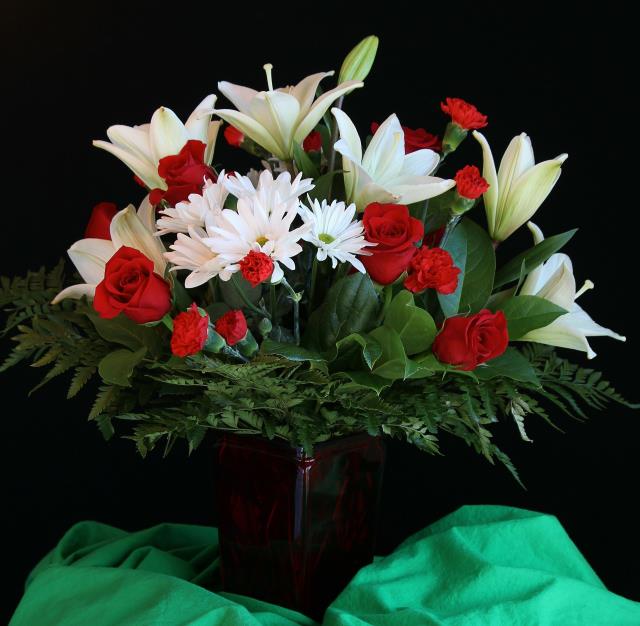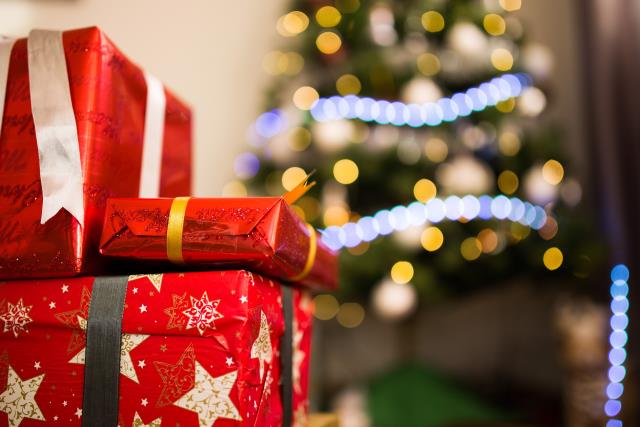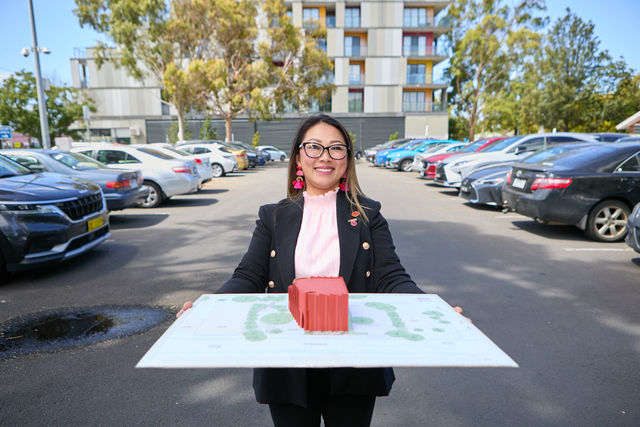More trees will be planted across Melbourne’s west during the next phase of the state governments More Trees for a Cooler, Greener West program.
On Friday, Environment Minister Ingrid Stitt announced the next round of grants and locations for 131,504 new trees that will be planted by mid-2024.
This will add to the 192,000 already planted since the beginning of the program, the state government said.
This round is investing over $2 million to plant both mature and young trees at 76 locations across Melton, Hobsons Bay, Maribyrnong, Brimbank, Moonee Valley and Wyndham local government areas.
The new trees will be planted outside schools, along trails, in parks and on residential streets, creating more shaded, cooler spaces for local communities, according to the state government.
An urban forest is also being delivered in Brooklyn, with 3000 tubestock trees being planted in an area of underutilised public land with guidance from the Friends of Lower Kororoit Creek.
Western Melbourne has the lowest tree canopy cover in metropolitan Victoria, with just 5.5 per cent of urban tree cover in Melbourne in 2018, compared to 17.4 per cent in the inner south-east and 25.9 per cent in the east, the government said.
“We’re planting more trees for a cooler and greener west. Together with our investment in parks, we’re boosting liveability, improving air quality and tackling climate change to reach net zero emissions by 2045,” Ms Stitt said.
“We’re partnering with councils, land managers and schools to invest in communities in the west and understand the needs of locals in an effort to increase tree canopy coverage where it is needed most.”
Laverton MP Sarah Connolly said the government was creating green spaces for residents of the west for generations to come.
“Hundreds of thousands of trees will enhance biodiversity, create more open green space and improve air quality across the west,” she said.







